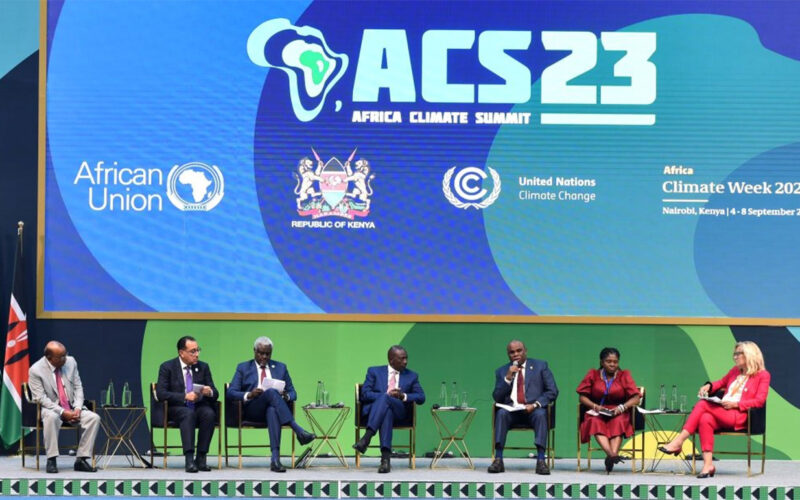
Climate action for Africa in 2023: three big developments
2023 is highly likely to be the hottest year ever recorded. And climate change is to blame for one-quarter of the global population being exposed to dangerous levels of extreme heat. We need signs that countries are taking steps to address this. Specifically, we need climate action that helps us adapt and that cuts greenhouse gas emissions, if we want to minimise the escalating losses and damages from climate change. NICHOLAS P. SIMPSON, Senior Research Fellow, Climate and Sustainability, ODI, Overseas Development Institute This year, there were three developments across Africa which highlight a mix of progress, priorities and potential…


